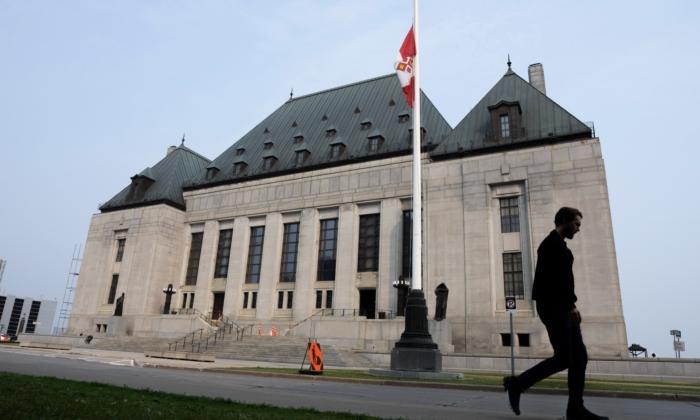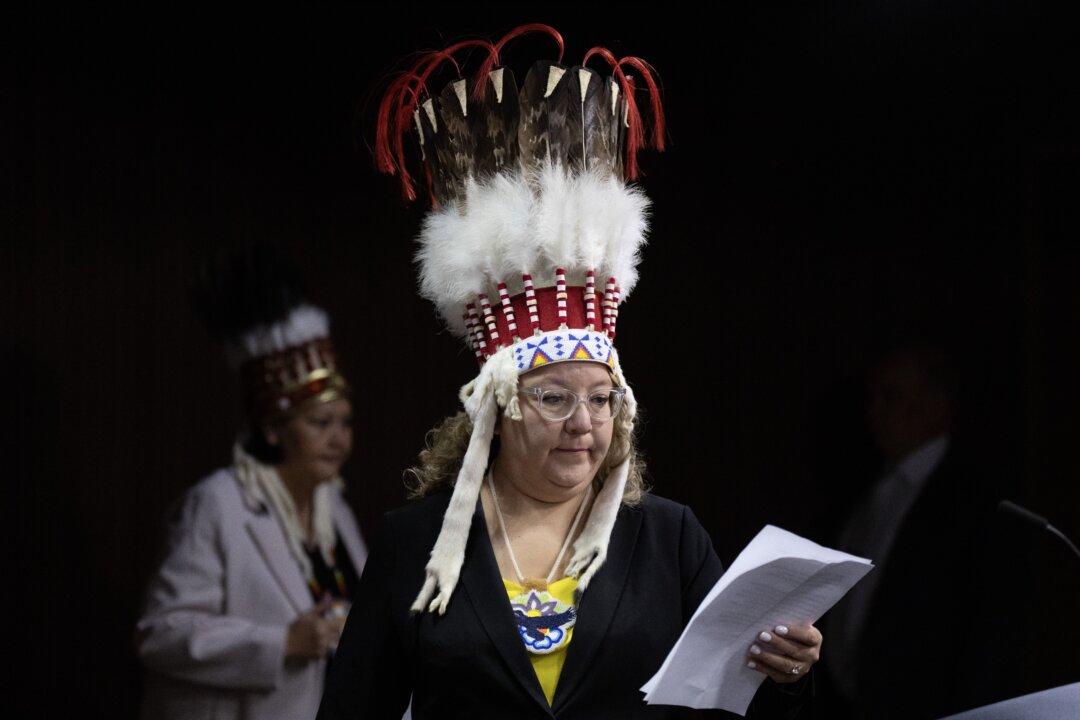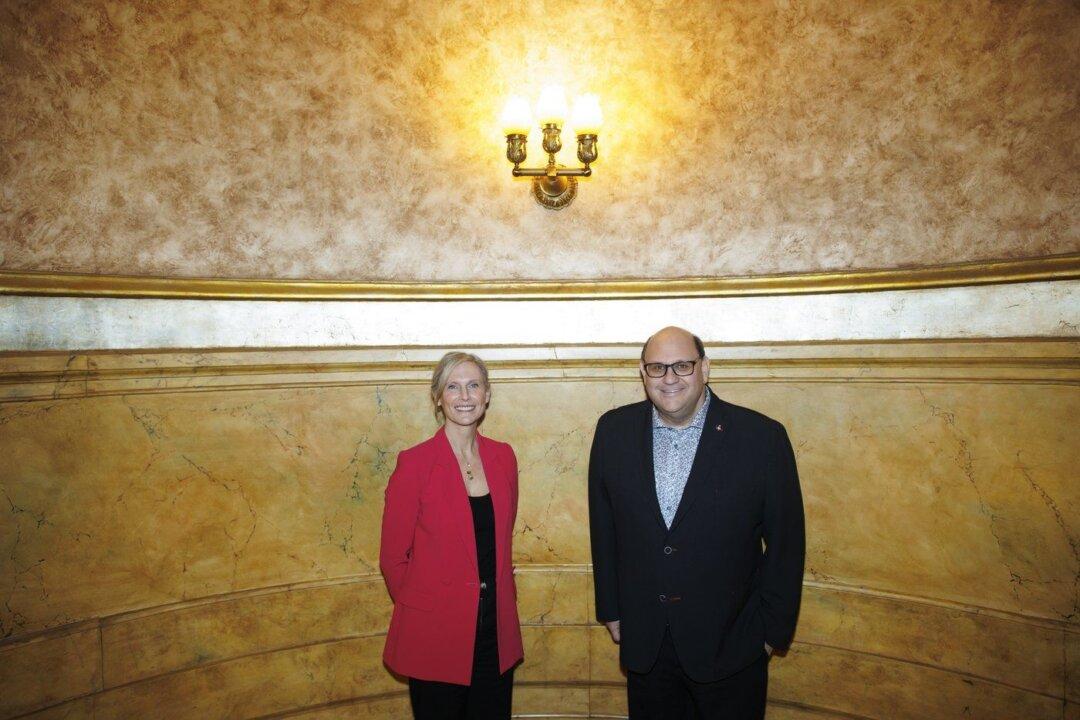OTTAWA—Canadian officials in Nigeria are working with the United States on developing tools to flag Nigerians applying for U.S. visas who may be at “high risk” of crossing illegally into Canada across the U.S. border.
So far this year, the majority of illegal migrants arriving in Canada are Nigerians who have recently been issued U.S. travel visas.
“It is apparent that they obtained those visas with the express intent to actually go to Canada,” said Hursh Jaswal, communications director for Immigration Minister Ahmed Hussen.
“They land in the United States, where they stay for a very short period of time, and then make their way to Canada.”
That’s why Canada is now working with its American counterparts to try to stop Nigerian travellers to the United States from using their U.S. visas as a ticket to Canada—a practice Jaswal calls an “abuse of U.S. visas for the purpose of asylum.”
Canadian officials in Nigeria are now working directly with their U.S. counterparts to develop assessment indicators that would flag cases “deemed to be high risk,” Jaswal said.
Last year, the majority of irregular migrants who arrived in Canada were Haitian, which was largely attributed to the Trump administration’s decision to lift the temporary protected status for immigrants from Haiti living in the United States.
This year’s shift toward Nigerians is not surprising to Kehinde Olalere, a Canadian immigration lawyer who grew up in Nigeria and regularly travels to the country.
Nigerians fleeing the violence of Boko Haram and other systemic persecutions in Nigeria find it marginally easier to obtain travel visas from the United States compared to Canada. But many see the United States as merely a transit point on the way to Canada, Olalere said.
“The U.S.A. is not an attractive place to most Nigerians right now. It used to be the most attractive place, but with the Trump factor—the old-style immigration climate in the United States compared to Canada—most people are going to find their way to Canada.”
Jean-Nicolas Beuze, president of the United Nations high commissioner for refugees in Canada, disagreed with the “Trump factor” theory, saying he believes the influx of Nigerian refugee claimants is more closely related to Prime Minister Justin Trudeau’s more welcoming messaging about immigrants.
Many Nigerians face persecution for their sexual orientation and women face high rates of domestic violence from their partners, as well as the threat of genital mutilation. Canada’s more progressive laws and attitudes towards these populations make it a more desirable place to live, Beuze said.
“They think that Canada will be a country where they will receive asylum and where they feel they will be able to integrate and resume a normal life, far away from persecution.”
Individuals and families fleeing from the violence and oppression of Nigeria are well-versed in Canada’s immigration laws and have likely seen the statistics showing Nigerian refugee claimants have a 35 percent success rate in having their claims accepted, Olalere said.
That’s why he believes the flow of migrants from Nigeria is likely to continue. “I don’t see this ending any time soon.”
Meanwhile, a U.S. State Department spokesperson said work is ongoing to improve screening processes for American visas, keeping in mind a need to balance safety and protection concerns with legitimate travel and immigration to the United States.
However, no changes have yet been made to the U.S. visa application process.





